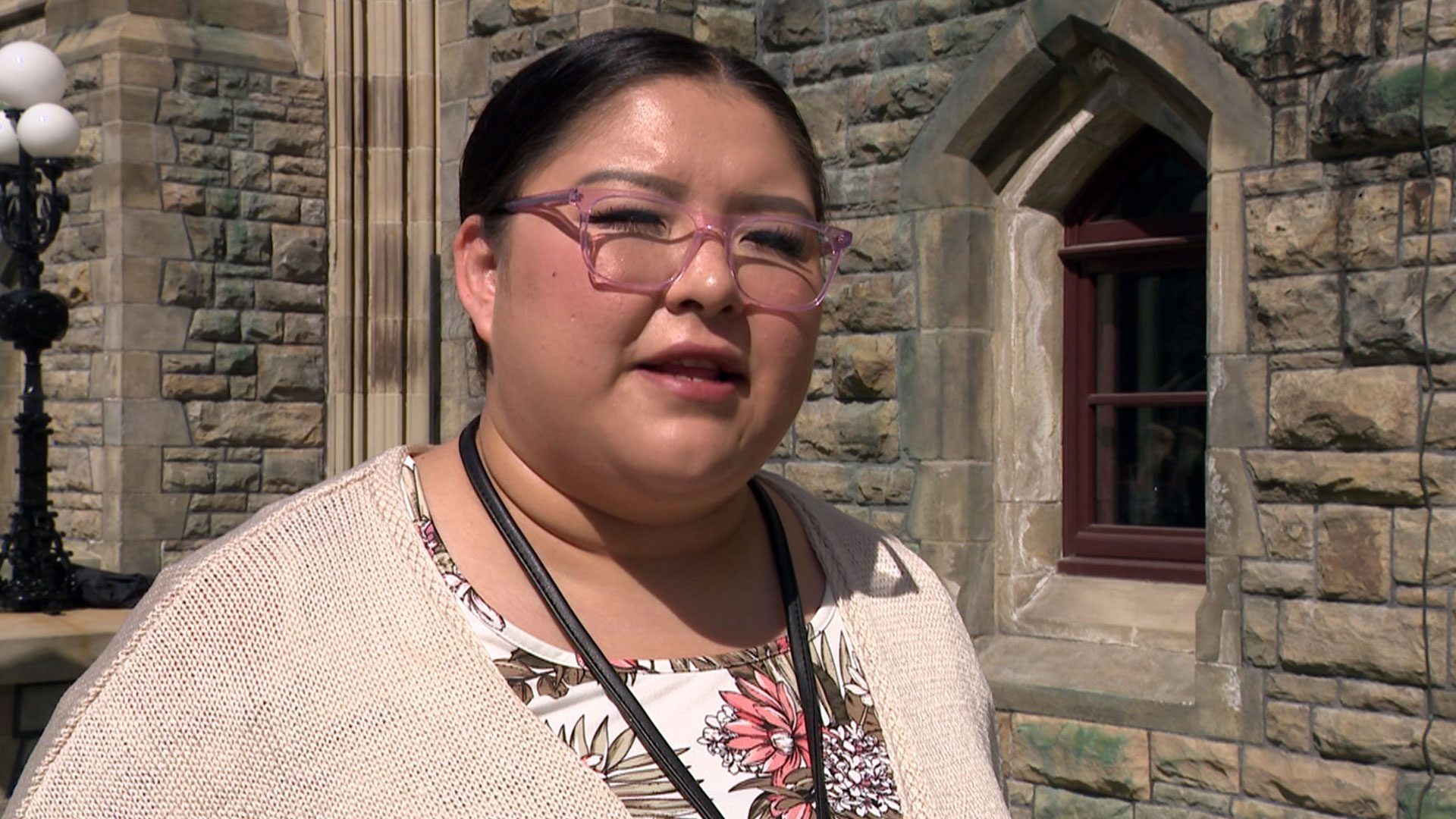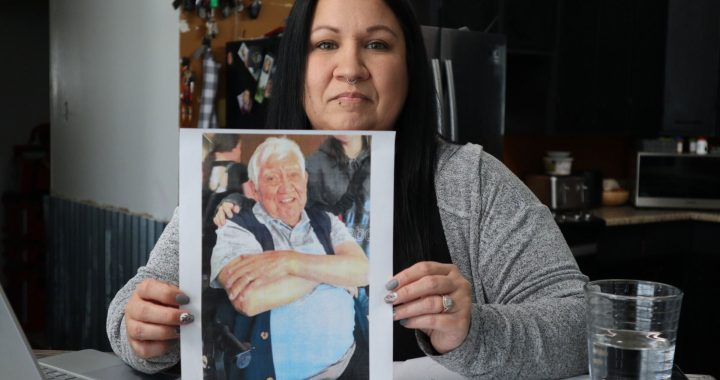A woman from Kainai Nation in Treaty 7 in Alberta says she hopes that telling her story will encourage more people to get tested for hepatitis.
“You don’t want to get tested because you know the person who is going to test you, the stigma behind that,” Mercedes Russell says. “That’s why I think I stand up now. In the beginning, I was hesitant but I think the more and more that I accepted that I had Hep C, I think I can be an advocate, especially for my people.
“Because a lot of my friends are still using. A lot of them are dead.”
Russell says she began using drugs at 17 and eventually contracted Hepatitis C.
Now 29, Russell is four years sober and hepatitis free thanks to advanced viral drug therapy.
She says she understands firsthand why people don’t want to get tested.
“The people who are still using, they feel like they will have to quit drugs completely in order to get rid of the disease, so, that’s another barrier that stops some of the drug people that I used with, it was one of the issues I had too,” she says.
“I didn’t want to quit when I was in full active addiction.”

A group of organizations held a news conference in Ottawa Wednesday to draw greater attention to the public health threat posed by hepatitis.
They are marking May 11 as the inaugural Canadian Viral Hepatitis Elimination Day.
Untreated, viral hepatitis can cause liver damage, cancer and even death.
Hepatitis C is curable once diagnosed and Hepatitis B is vaccine-preventable.
It is estimated three-quarters of those living with Hepatitis C were born between 1945 and 1975 and as much as 50 per cent of this number remains undiagnosed.
According to a 2019 Canadian Network on Hepatitis C study, rates are five times higher among Indigenous people than the general population.
The World Health Organization wants to eliminate viral hepatitis as a public health threat by 2030.
Calgary doctor Mark Swain, who is with the Canadian Association for the Study of Liver Disease, says this goal is achievable but countries like Canada need to improve access to testing.
“Many members of the priority populations – the Indigenous communities, people who use drugs and have used drugs in the past – they don’t or they can’t access care,” he says. “And so, because they can’t and they don’t, they are not tested. And because they are not tested, they don’t start the pathway towards care.”
Swain also says governments need to move more quickly on available rapid testing technology.
“We’re all very familiar with COVID and we’re all very familiar with going to get testing. And we used to have to get the swabs and do the PCR tests and wait 48 hours. Now everyone has the antigen test. You just do the swab at home and you test it and you know very quickly if you have COVID. And so, there are tests like that available for hepatitis C but they’re not approved in Canada.”
The health organizations add another problem is there is no national coordination strategy in terms of hepatitis B immunization.
Some provinces vaccinate as early as birth while others do not until 12-years-old.










